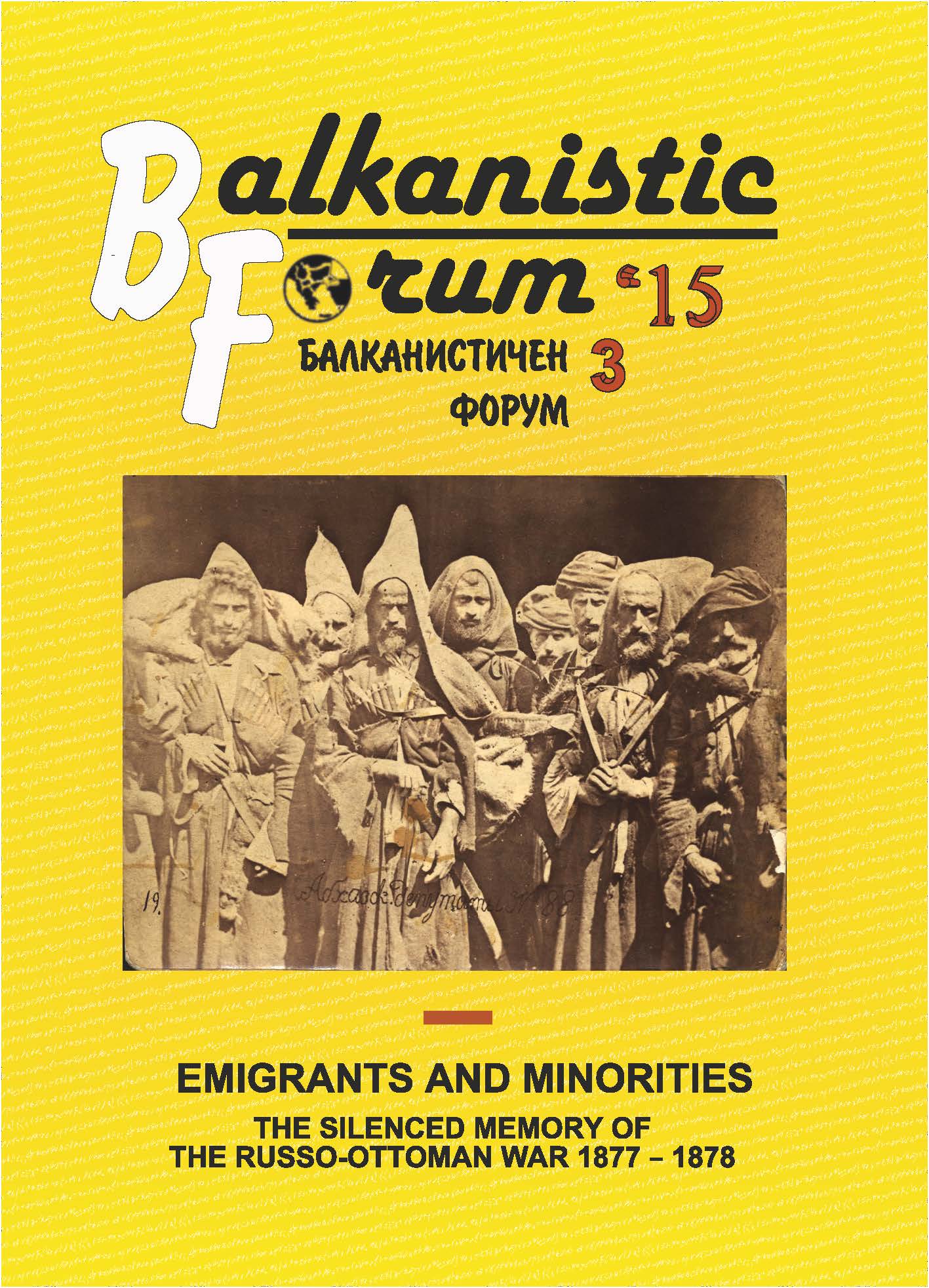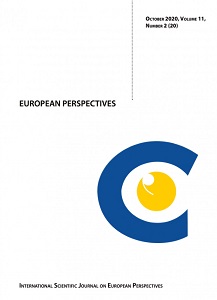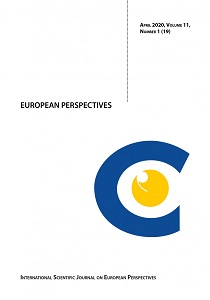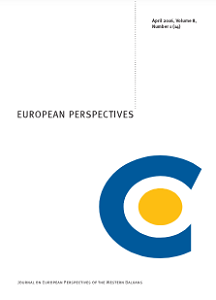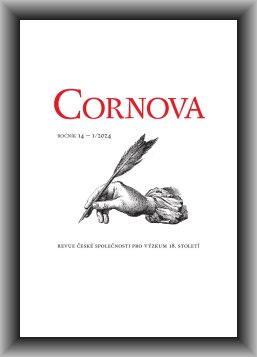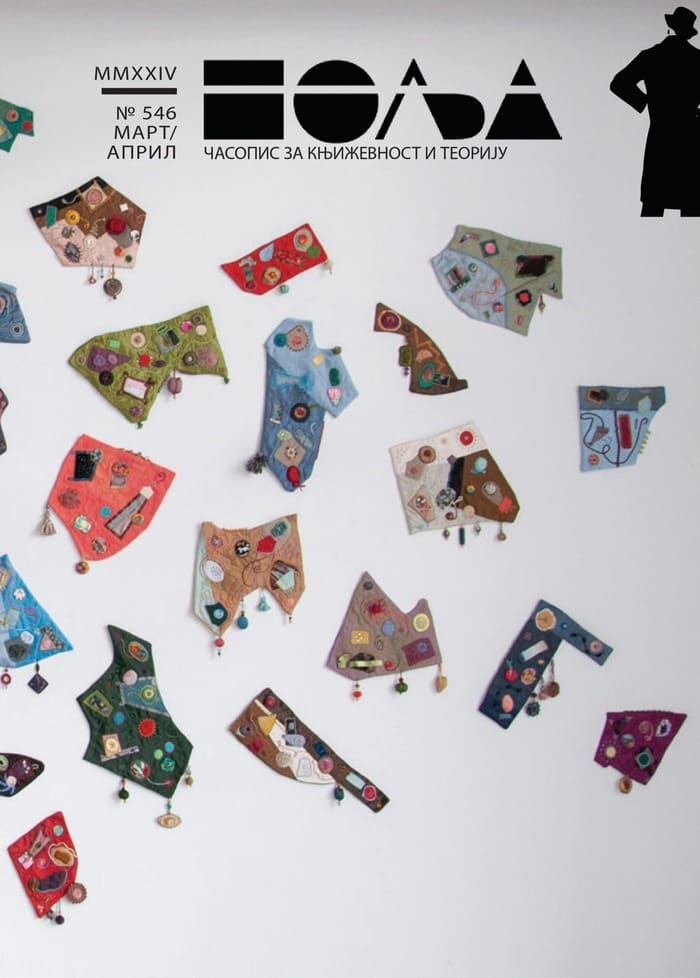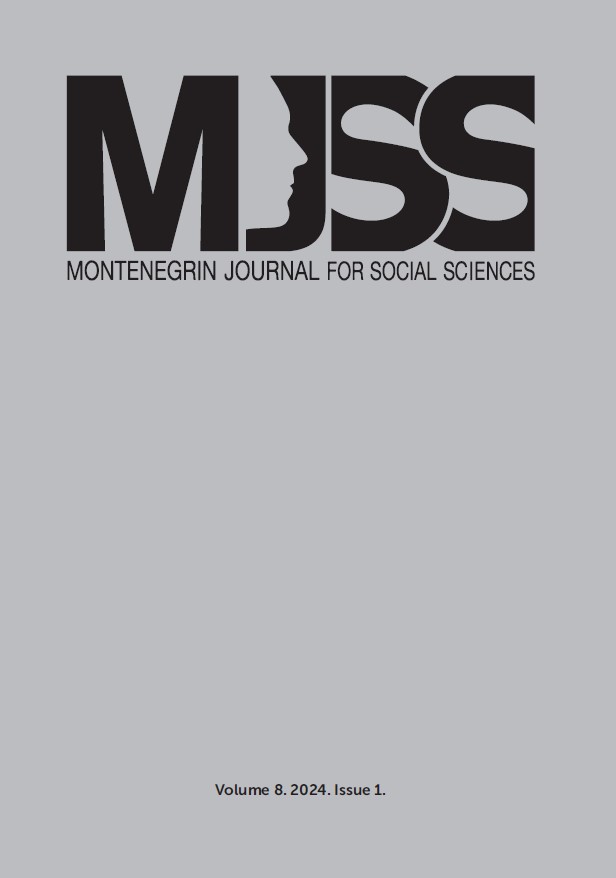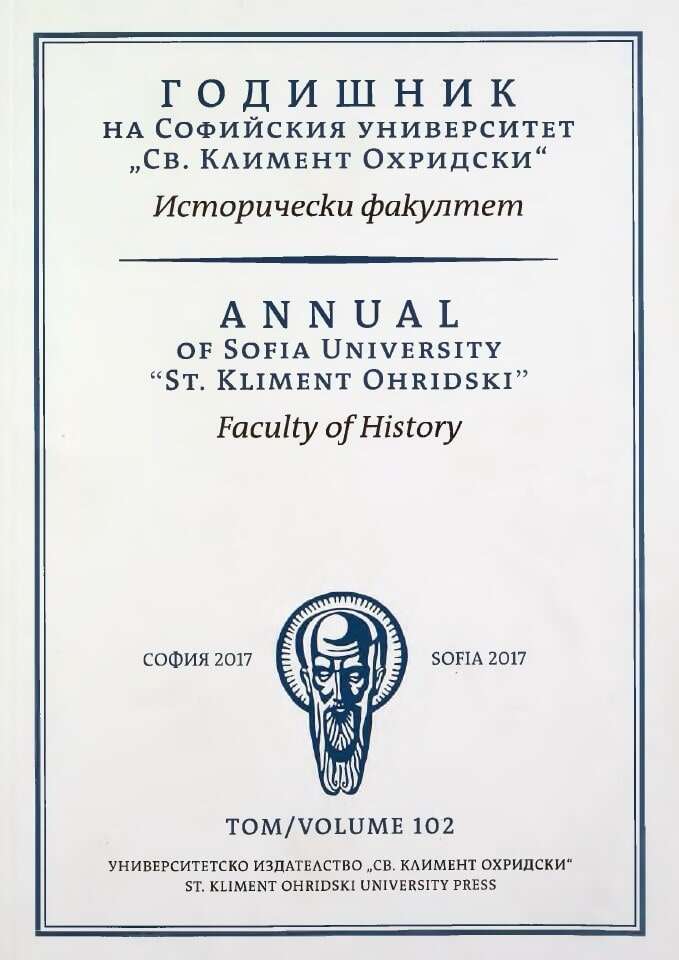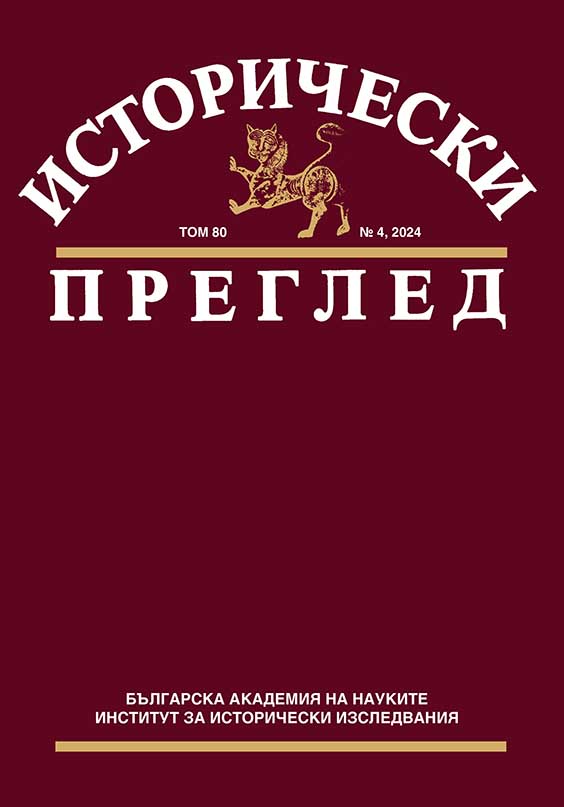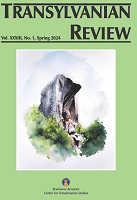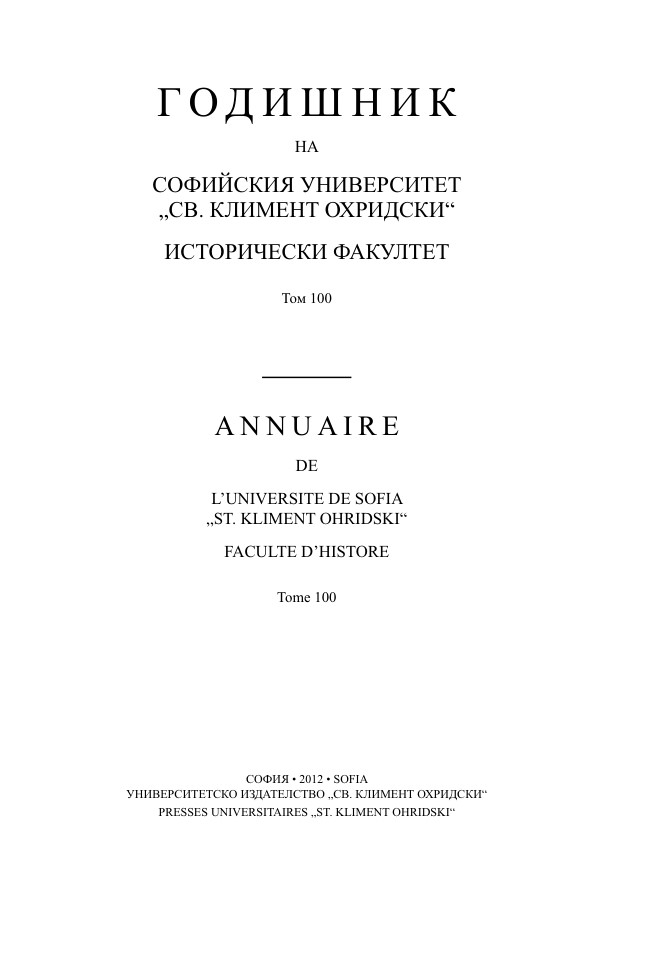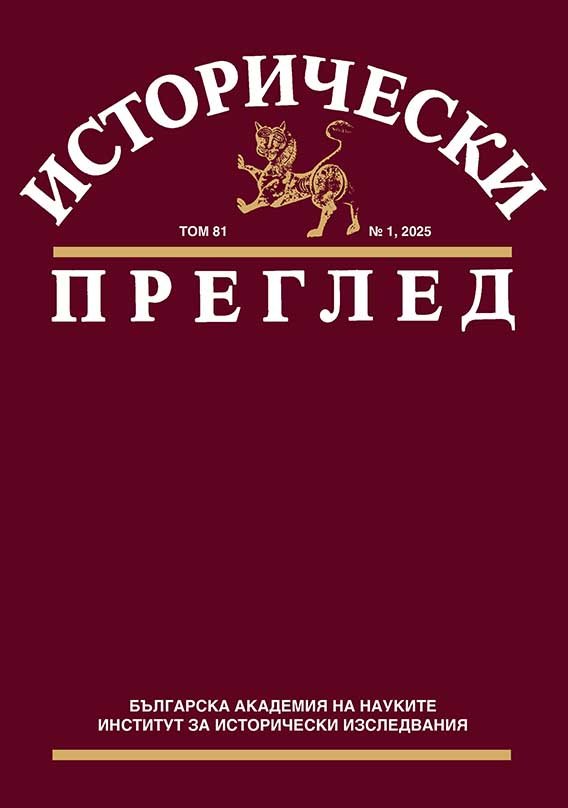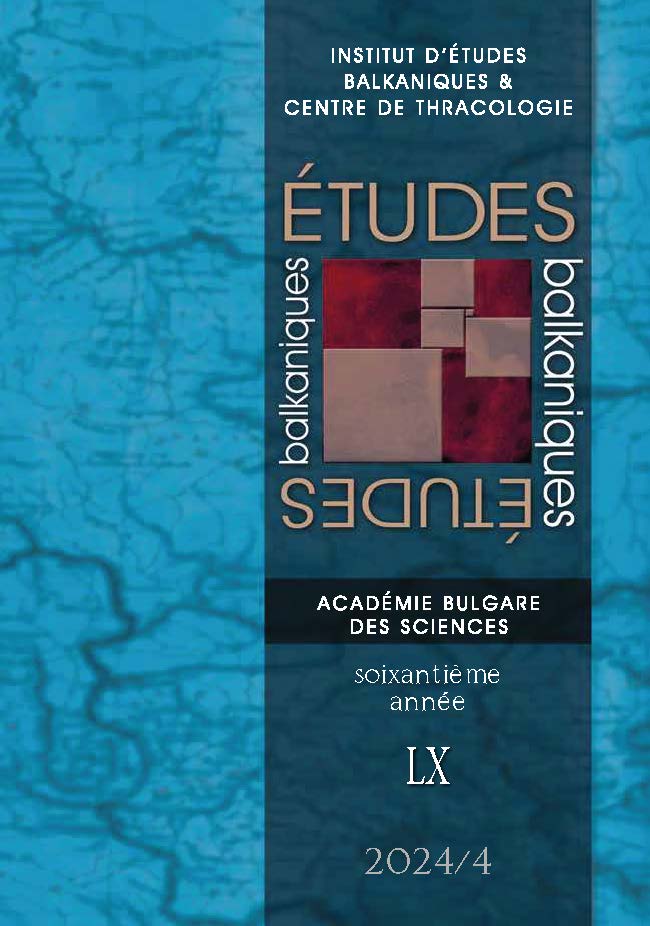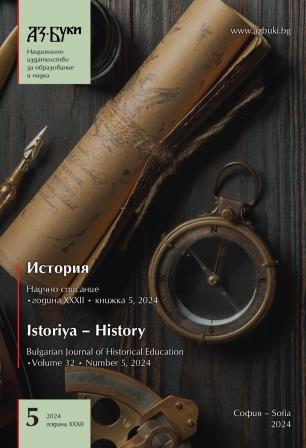Author(s): Chaya Koleva / Language(s): Bulgarian
Issue: 4/2024
This article offers an analysis of publications from the popular French daily newspaper Le Monde, where journalists, notably Michel Tatu, Daniel Vernet, and Jacques Amalric, construct the image of the Soviet Union for the French public during the period of Yuri Andropov’s leadership (1982-1984). One of the central themes is Andropov’s personality, blending enthusiasm and hopes for reforms in the Soviet Union with critical assessments by French journalists of his overly strict and ineffective governance. Other key topics include human rights in the USSR, particularly the rights of Soviet Jews, and the perceived threat of Soviet espionage. The analysis reveals how the USSR is depicted as a complex, inefficient mechanism, resistant to reform even with leadership changes that imply a “new dynamic.” The media emphasize the burdensome bureaucratic and administrative apparatus of the Soviet system, alongside the overuse of police and other methods to control the population. The conclusion highlights the persistence of stereotypes that do not always facilitate mutual understanding between the two countries. To a significant extent, French society and its elites distance themselves from an ambiguous and multifaceted perception of the USSR, seeing it, on one hand, as a symbol of totalitarianism, and on the other, as a guardian of socialism. The conviction is reinforced that the communist governance of the USSR, when compared to capitalism, cannot guarantee economic progress or safeguard democracy, freedom, and justice, a sentiment strongly reflected in Le Monde’s portrayal of the country.
More...
